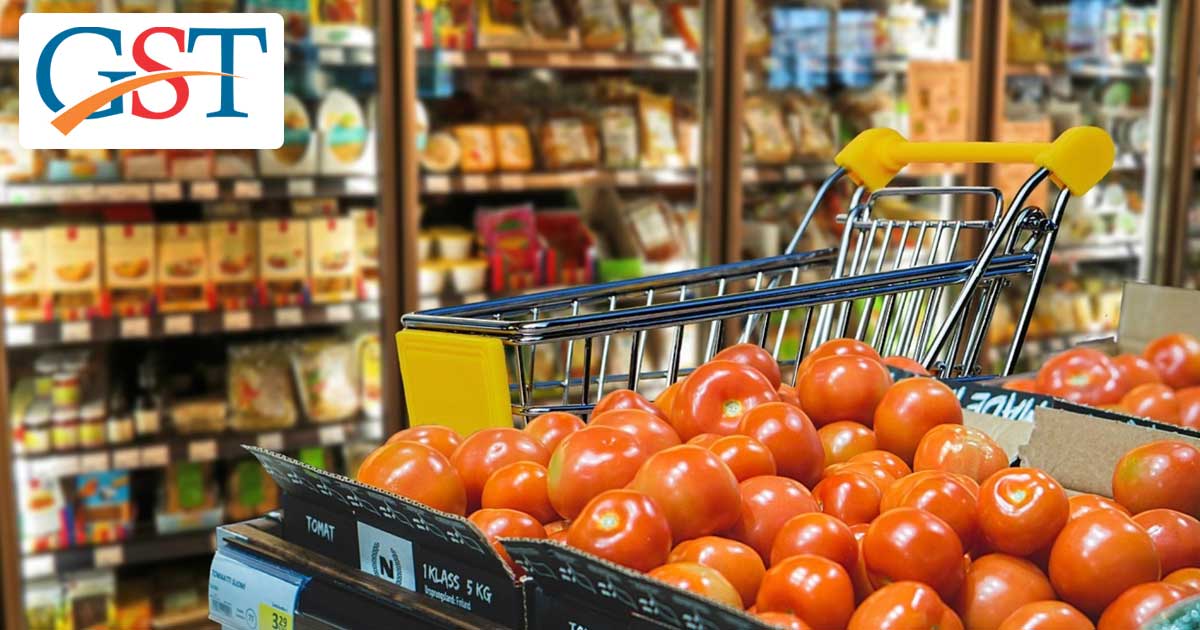According to the report by Global Research and Analytics Firm, frequently used household products such as toothpaste, soap, edible oil, instant noodles, soap and much more are anticipated to get an increase in demand of 2-5% in coming 12 months. Consumption has seen an increase very rapidly due to lower taxes on above products and helping FMCG companies to broaden their product portfolio.
On the flip side, According to the research report shared with ET, Due to the higher tax rates after the implementation of the Goods and Services Tax (GST) across the country, individuals are not able to spend on biscuits and personal care products such as shampoos.
Shreyansh Kocheri, Senior Research Analyst at Euromonitor International said, “Over the long run, implementation of the GST would benefit the organized players, from a simpler taxation system and uniform tax rates across the country, and would help achieve higher efficiencies in the supply chain.” He further added that “Increasing penetration of the organized c sector due to GST would also help players counter the threat from the vast unorganized market in the country.”
Read Also: MRP (Max Retail Price) Rules Under GST Act in India
According to the report by Euromonitor, under packaged food items section, such as instant noodles is expected to increase from 23.8% to 25.3% after the implementation of indirect taxation system in India.
“Savings on account of taxation are being reinvested for category expansion, with spends on promotions and advertising increasing. However, consumer prices have not changed because the decrease in taxes has been marginal”, said Gautam Sharma, managing director of instant noodles maker Indo Nissin.
Due to the reduction in tax rates after the introduction of GST Regime in India, it is expected that there will be an increase in volume growth of edible oils from 14.6% to 15.6% in FY 2018.
Siraj Chaudhry, Director of Edible Oils and Chairman of Cargill India said, “We expect business as usual for the category. Increase in consumption will largely be on account of a consumer shift from the unorganized to organized segment, and secular growth.”
Recommended: State Government to Inspect Cases of GST Over MRP
According to the report, Post GST implementation there will be a decrease in consumption of dairy products such as butter and cheese. Experts could see a drop in sales volume of butter from pre- GST level 5.7% to 5.1% in FY 2018, whereas, it is expected that the volume growth of cheese could be down from 11.3% in the pre- GST to 9.8%. However, Volume growth in consumption of milk powder could increase from 1.2% in the pre-GST period to 1.4% growth FY 2018.
It is anticipated that Volume growth in Consumption of biscuits will decrease from 0.9% pre- GST level to 0.1 in 2018, due to considerable changes in taxation rates, says report.
According to the report by Euromonitor, it is anticipated that most frequently used items in the personal care products will increase post-GST implementation. In oral care segment, such as toothpaste considered the necessary products could see the increase in consumption by an extra 1.6 million litres in FY 2018.
Fast Moving Consumer Goods giant Hindustan Unilever announced its quarterly revenue growth across segments, said that home care products (such as detergents) segment reported volume growth of 13% whereas earnings from personal care segments (such as soap and skincare products) increased by 8%.
Sanjiv Mehta, Chief executive officer told to media reporters after the declaration of results, “I believe by the end of December, there should be a near-normalcy and there would be some element of channel reset because modern trade is growing much faster.”
According to the report by Euromonitor anticipated that the sales volume of both products, toothpaste as well as bar soaps will see a sharp increase by the end of 2018. Currently, sales volume of toothpaste will enhance from 2% pre-GST level to 2.88%. On the flip side, volume growth of deodorant and shampoos will be declining due to increase in tax rates. For example, standard shampoos will move down from 1.9% pre- GST level to 1% in FY 2018.
Also Read: Display of Registration Certificate and GSTIN Now Becomes Mandatory
“Pricier alternatives to necessity products and discretionary products such as body washes, shower gels, moisturizers, deodorants, and colourants, which are generally consumed by urban consumers have higher price sensitivity, will be impacted by even marginal price hikes due to higher taxes under GST”, says report.
According to the report, New indirect taxation system helps in creating a unified national market of 1.3 billion consumers, If in case the price increases after the implementation of GST, users will move to substitute products and it includes unpackaged items.
